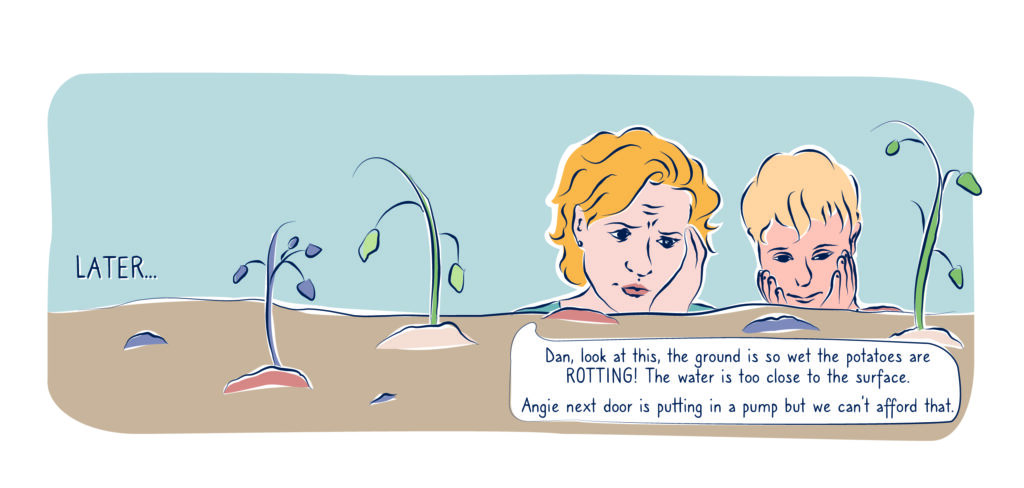- AUTHORCommunity development for climate adaptation: Long-term relationships key in painful conversations
- 10 July 2019
Community development for climate adaptation: Long-term relationships key in painful conversations

To minimise suffering as we adapt to climate change, and to adapt successfully, local authorities need new ways to engage with communities.
Every regional council in the country, and over a quarter of our local councils, face extreme exposure to climate hazards like coastal erosion, flooding and rising groundwater levels.
Over the coming years, communities will have to make near-impossible decisions – from how to pay for expensive coastal defence systems to when we should think about picking up our survey pegs and walking backwards from the coastline.
Communities will face increasing physical, social, financial and emotional challenges, and councils are already looking to central government to provide a cohesive framework for the planning and funding of adaptation. But to minimise suffering as we adapt – and to adapt successfully – local authorities also need new ways to engage with communities.
Recently concluded research by a team led by Janet Stephenson (University of Otago), draws on stories and insights from community members, iwi members and council staff. Their project findings suggest that council engagement with communities about climate impacts requires more than ‘business as usual’ engagement processes, because:
- Adaptive decisions will need to be made at many points in time, probably over decades
- These decisions often have to be made without a full understanding of what the future holds
- Multiple individual decisions could result in inequitable outcomes, unless council has an overview of implications for the entire community
- The community members most severely affected may well be those who are least empowered and least accustomed to ‘having a say’ in council decisions
- It takes time to build the trust and capacity to be involved in decisions that have such far-reaching implications.
This research enriches the existing MfE Coastal Hazards and Climate Change Guidance by providing advice for councils and community groups on how and when to engage on climate change. The guidance recommends a Dynamic Adaptive Pathways Planning (DAPP) approach to engagement, by which critical decision points for adaptation investments are pre-defined.
This framework supports local government staff (from adaptation advisors to community development teams to community groups themselves) to build community readiness to engage at these critical decision points. It also provides tools for those who want to organise together to build resilience:
- A survey and report of councils, which explores why councils find it so challenging to meaningfully engage (background report for researchers or those seeking more in-depth information)
- Policy guidance (including engagement framework) for local government adaptation and community development staff
Conversation starters for community engagement staff:
- Short graphic story introducing two young friends who live in a community affected by climate change. The pair reveal how devastating climate change can be and begin to understand the strength communities have when they work together on solutions
- Two short videos based in South Dunedin, one exploring a neighbourhood’s response to the 2015 floods and subsequent events; the other exploring Dunedin City Council’s response and move towards proactively planning for climate hazards.